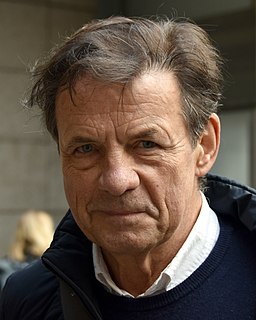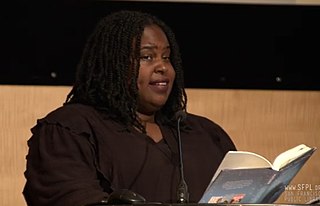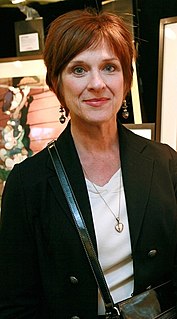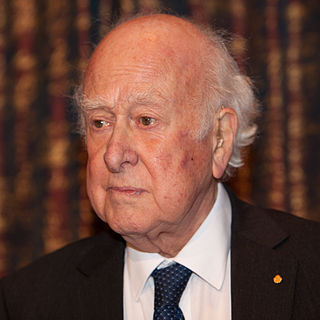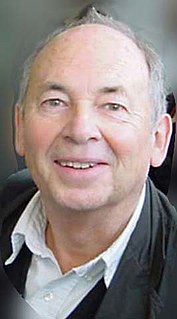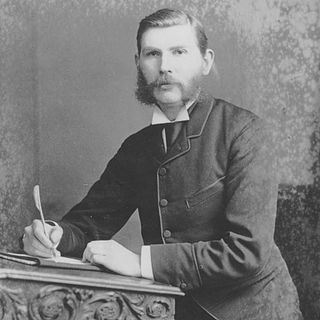A Quote by Tony DiTerlizzi
Usually, an author writes a manuscript that is handed in to the editor. The editor will then work with an art director to find just the right illustrator for the job, and off they go. Many times, the illustrator and author never meet.
Related Quotes
I have learned patience, for sure. Pre-publication is a long waiting game, especially for authors of picture books. We write the manuscript, sign the contract, and wait. It takes a while for the art director to find an illustrator and then the illustrator works on the sketches, and depending on those first round of sketches, it could be a few more months before you see a final illustration. I was surprised at how long it takes for all the pieces to come together.
When I illustrate a cover or a book, I draw upon what the author tells me; that's how I see my responsibility as an illustrator. J.K. Rowling is very descriptive in her writing — she gives an illustrator a lot to work with. Each story is packed full of rich visual descriptions of the atmosphere, the mood, the setting, and all the different creatures and people. She makes it easy for me. The images just develop as I sketch and retrace until it feels right and matches her vision.
I decided honestly that comic art is an art form in itself. It reflects the life and times more accurately and actually is more artistic than magazine illustration - since it is entirely creative. An illustrator works with camera and models; a comic artist begins with a white sheet of paper and dreams up his own business - he is playwright, director, editor and artist at once.
Frequently, an author gets "orphaned" at a publisher. What this means is that an editor buys their book, then ends up getting fired, promoted, or transferred to a different job somewhere else. It sucks for the author because suddenly the person who liked your book enough to buy it isn't around to help you edit and promote it.
That name was a kind of joke, and not a very good one. An author, Leon Lederman, wanted to call it 'that goddamn particle' because it was clear it was going to be a tough job finding it experimentally. His editor wouldn't have that, and he said 'okay, call it the God particle', and the editor accepted it. I don't think he should've have done, because it's so misleading.
What makes a good editor is staying the hell out of the way as much as possible. ... If you're a DC or Marvel or Dark Horse or BOOM! editor who's assigning work, then if you did your job properly to begin with, then the people you've hired can be trusted to do what they do without excessive meddling. The ideal situation you're shooting for as an editor is to groom a collaborative creative team to the point where their work sails effortlessly through production and the most you have to do is fix the spelling and the commas.
You can give the greatest performance possible, but if you don't have a director who's pointing the camera in the right direction and an editor who's editing it properly, it doesn't matter what you do. The director and the editor are the most important people. Not the actors. Sometimes the writer is important. But if you don't have a good director, you can't have a good production.

